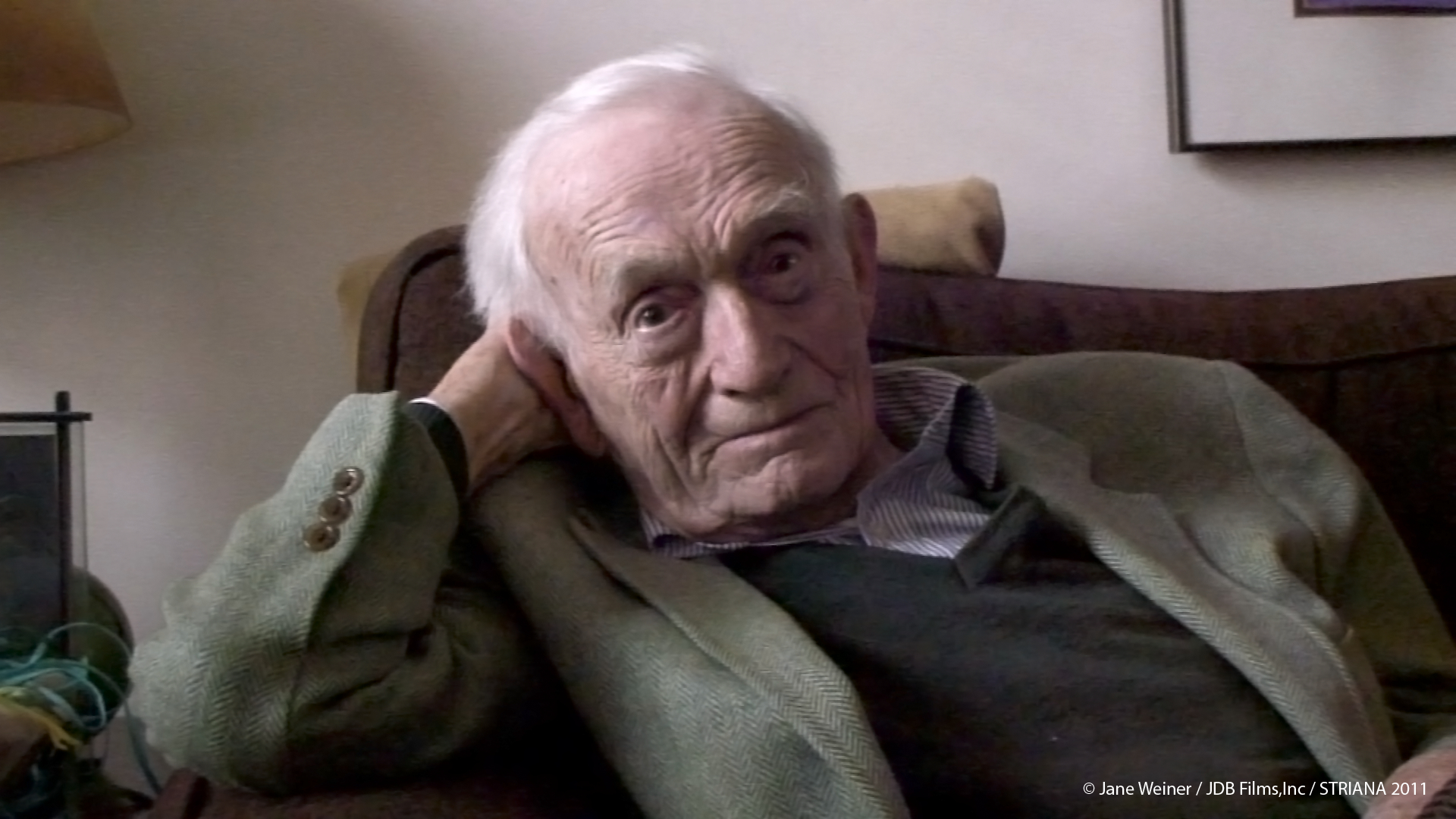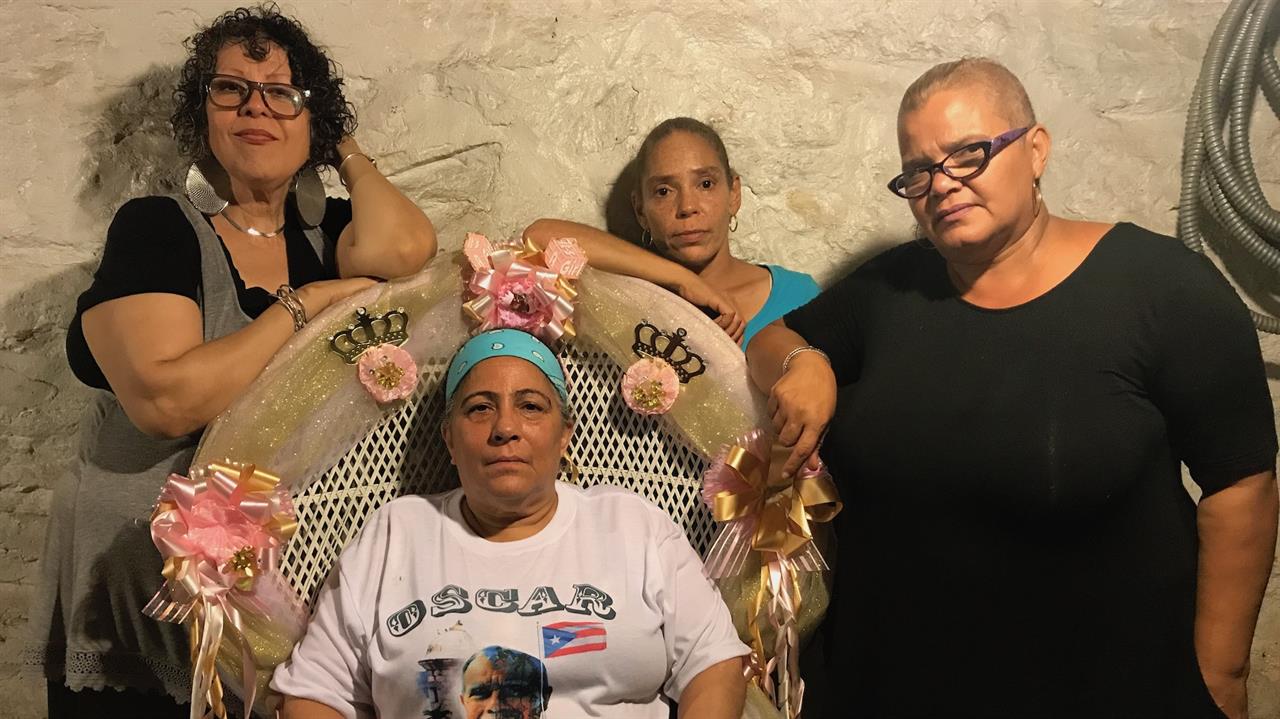Remembering documentary great Richard Leacock

When Richard Leacock (1921-2011) died this past March, the documentary world lost one of its leading pioneers – just a few months short of his 90th birthday. DOC NYC is proud to present this mini-retrospective, screening many rare works that are vital to understanding documentary history.
Leacock began a lifelong infatuation with the camera as a teenager, making his first film, Canary Island Bananas (1935), at the age of 14. While working on Robert Flaherty’s Louisiana Story (1948), Leacock was struck by the freedom of taking the camera off the tripod and shooting handheld. But easy movement was restricted by heavy and cumbersome sound-recording equipment. He dedicated himself to finding a better way.
Directing a short called Toby and the Tall Corn (1954) for the Omnibus television series, Leacock pushed the boundaries of observational documentary. The piece made a deep impression on Robert Drew, who recruited Leacock to join a team that developed handheld equipment with portable synchronous sound in the early 1960s. Their group gave birth to the modern American documentary in works such as Primary, Crisis, The Children Were Watching and The Chair – with Leacock contributing significantly as a filmmaker. Leacock went on to form a company with D.A. Pennebaker that yielded such classic shorts as Happy Mother’s Day (1964) and Chiefs (1967).
As a professor at MIT, Leacock mentored a generation of filmmakers including Ross McElwee, Mira Nair, Michel Negroponte, and many others. For Leacock, what mattered most was to capture a sense of “being there.” He decried the prohibitive expense of film equipment and embraced the emergence of small format video. His diary film Les Oeufs a la Coque de Richard Leacock (1991) delights in the possibilities of the new technology.
In recent years, Leacock was devoted to finishing his memoir as a book that would also give readers access to film clips. Once again, he was ahead of his time, yearning for the next wave of technology. This tribute coincides with the publication of that memoir in both a printed edition and digital version with clips, titled The Feeling of Being There.
Special thanks to Valerie Lalonde, Victoria Leacock Hoffman and the Leacock family for making this tribute possible.




